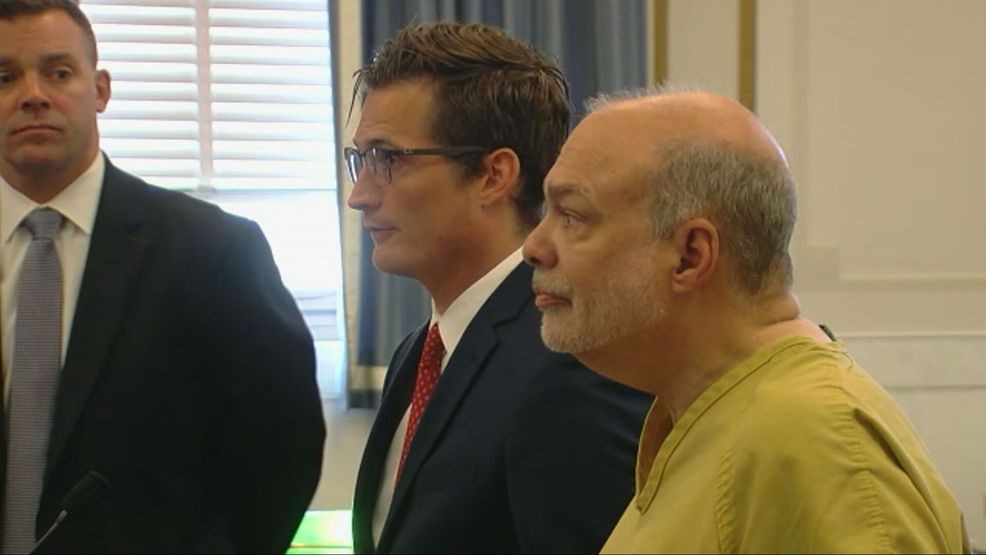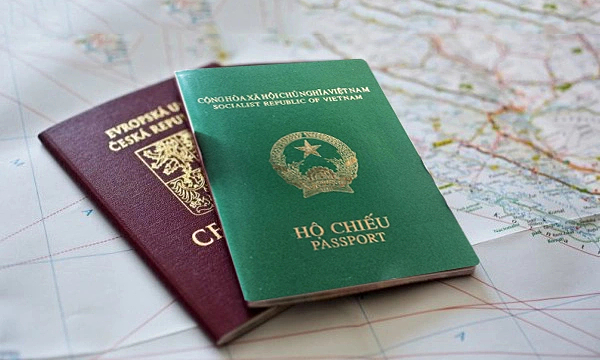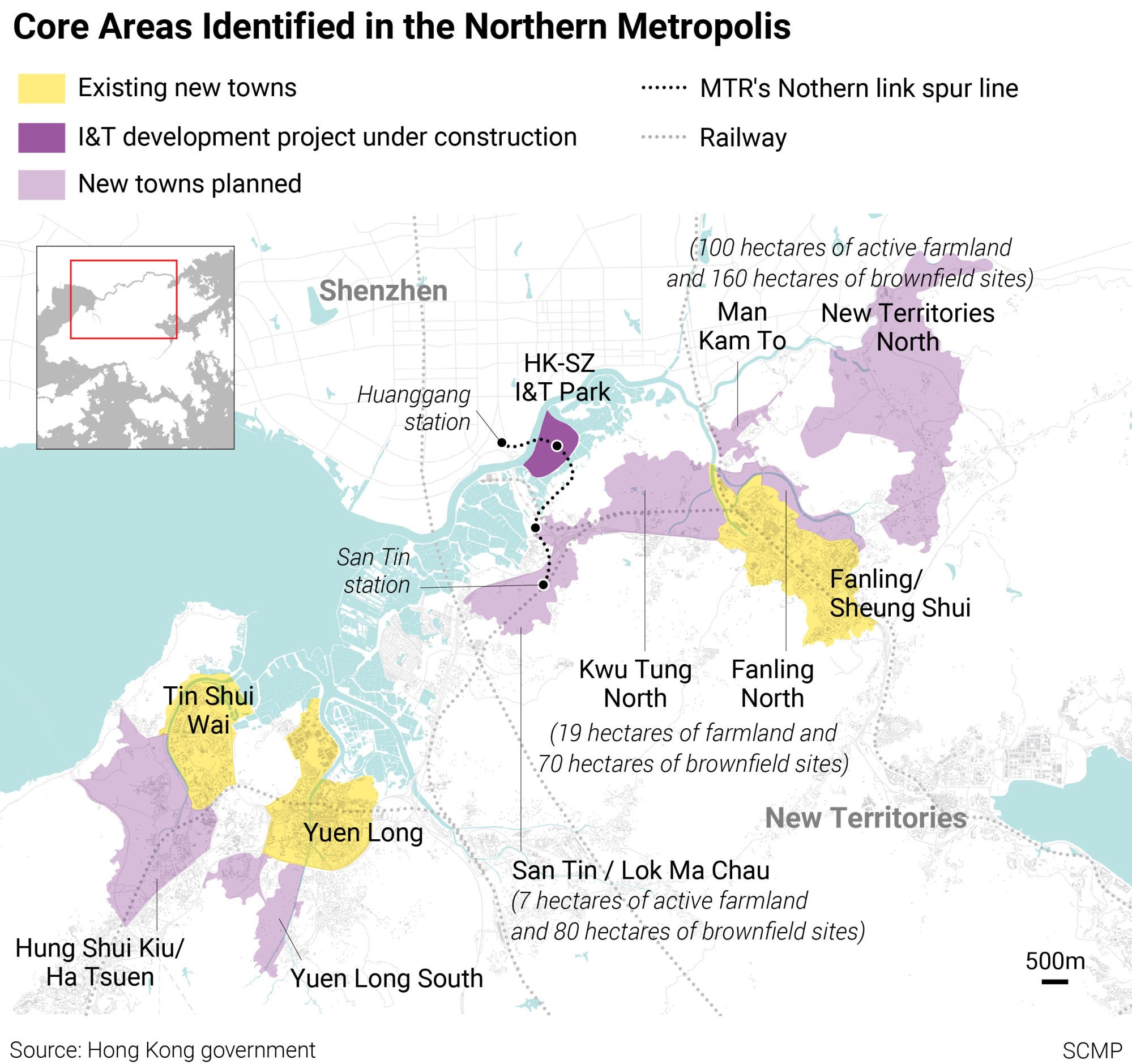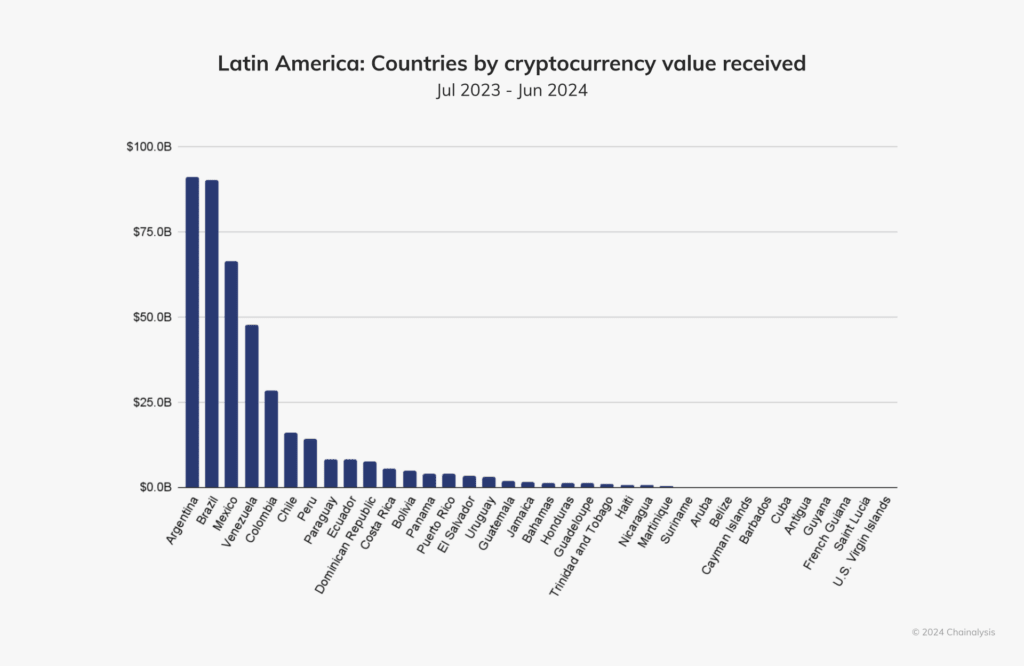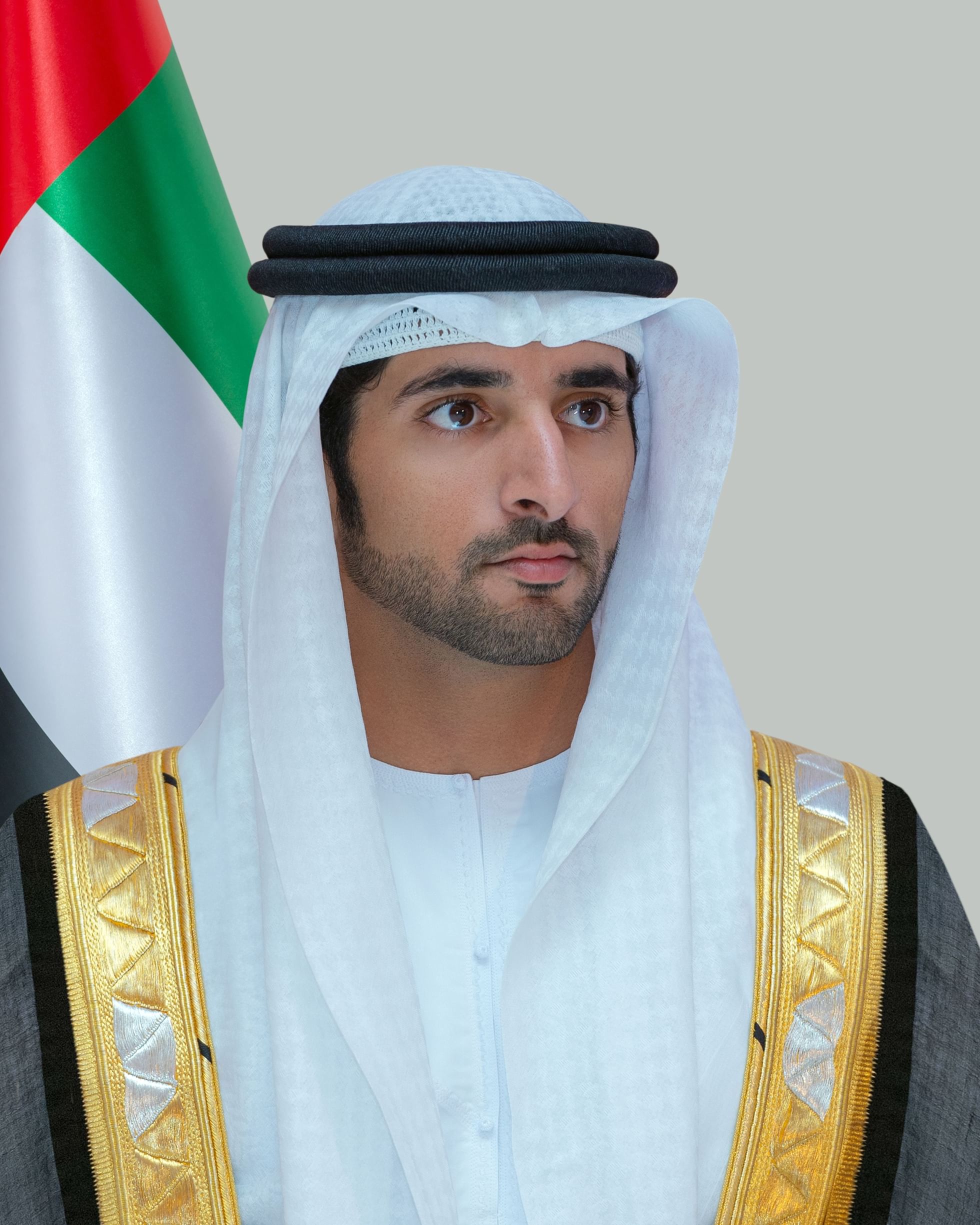ABUJA The federal government, via the Ministry of Interior along with the Ministries of Aviation and Aerospace Development, has established May 1st as the start date for implementing the new policies related to E-Visas, automated landing cards, and departure card digitization across the nation.
On Wednesday, during a joint inter-ministerial press briefing in Abuja, both ministers—the Minister of Internal Affairs, Dr. Olubunmi Tunji-Ojo, and the Minister for Aviation and Aerospace Development, Festus Keyamo—revealed that their collaborative efforts, particularly with the implementation of the Advanced Passenger Information System and e-gate solutions, resulted in the apprehension of several blacklisted foreign nationals who were subsequently turned over to INTERPOL.
Providing clarity, Ojo-Olujimi expressed his gratitude to the Ministry of Aviation and mentioned that both parties have concurred on establishing a joint task force. This team will work towards ensuring the successful implementation of the E-Visa system as well as the automated processing of landing and departure cards.
The program commences on May 1, 2025, with an additional three-month grace period before the comprehensive enforcement and execution begin on August 1.
There will be an amnesty allowing individuals with visa overstay issues or those who have violated immigration laws to step forward and legalize their status by reporting to the immigration offices.
Following the implementation of the AP system, we faced another challenge with the E-Gate. We extend our gratitude to FAAN, who serves as our landlord, for their assistance. Currently, both our facilities in Lagos and at the Abuja airport boast fully operational E-Gates, providing convenience for Nigerians while enhancing border security even further. Today, we gather to address the next phase—introducing the E-Visa alongside an automated landing and departure card process.
We recognize that previously, we've used exit and landing cards in a traditional manner, where individuals needed to complete paper forms. However, considering that Nigeria is home to 230 million exceptional people, it’s essential for us to be at the forefront of technological advancement. Therefore, we plan to automate these processes starting May 1, 2025.
He went on to say that the landing and exit cards, which are complimentary, must be completed online prior to your departure and shown to airline staff as part of the boarding process.
Beyond this, we will implement additional measures that we can clarify further at a later time. We've also concurred that the Electronic Visa will simplify entry into Nigeria while improving national security. Naturally, these applications will be submitted online.
“There is a centralized visa approval centre already at Nigera Immigration Headquarters. Officers have been trained, well-equipped, and solution-integrated to all major criminal record systems in the world, Interpol and the rest. And of course, there will be better background check in terms of people coming into Nigeria.”
“We are also looking at removing bottlenecks and also making sure people can get visas to Nigeria without lobbying anybody to come into Nigeria. We want to open our borders without compromising national security for people to come and explore the beauty of the land called Nigeria,” he stated.
On his part, Keyamo assured that the automation will be seamless.
What the entry and exit card signify, along with what my brother is explaining, is that upon arriving in the country, you fill out an entry form online. This process is automated. Therefore, once they enter your passport number into the system, all relevant information appears instantly—such as the date of your arrival, the type of visa used for entry, and the duration of your authorized stay.
The system recognizes it immediately, retrieves it, and proceeds. As you depart from your home country, the initial point you reach at the border exit is typically the check-in counter of a private airline. This is where the NCA becomes relevant.
When returning to your home country as a foreigner, they might ask for your exit card. This is their top priority. Without it, you won’t receive a boarding pass. Once you complete your exit card and input your passport number, information such as when you entered the country appears. Details like where you received entry stamps and for how long become visible. If these records show an overstay, following the protocols set by the NCAA, the airline will deny boarding and direct you to immigration authorities.
What we are accomplishing today serves as another proof of this government’s commitment to encourage collaboration among major ministries with overlapping responsibilities.
"The aviation ministry and the interior ministry, since day one, have made a decision to work together collaboratively, and we've been accomplishing this without interruption," he declared.
Provided by Syndigate Media Inc. ( Syndigate.info ).